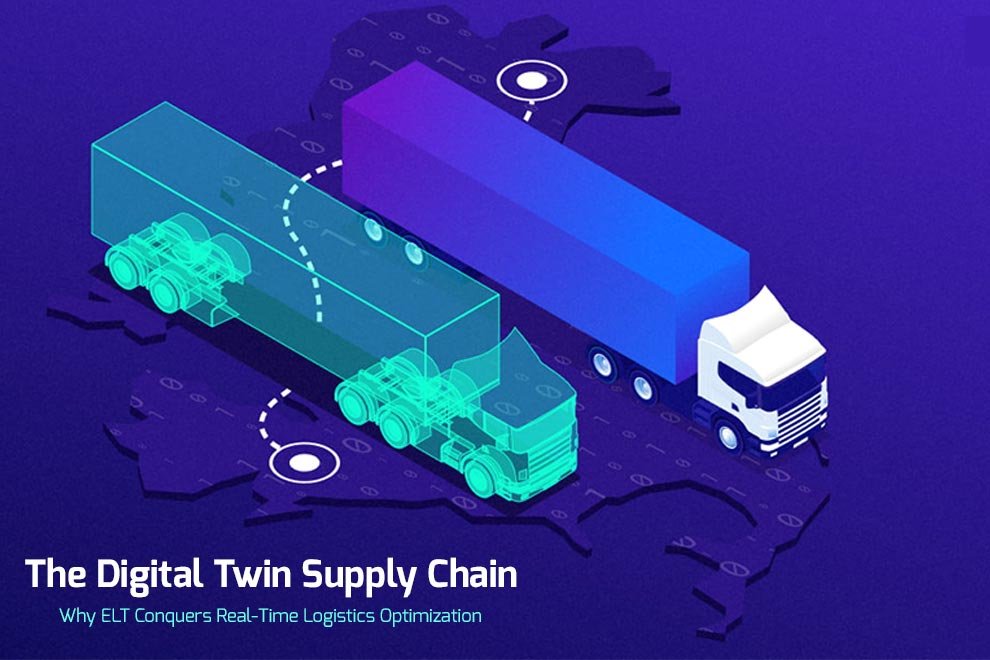Were you aware that the proportion of blue-collar workers is expected to rise by 58% by 2023? These workers constitute the bedrock of society, as they guarantee the seamless operation of businesses. Their manual labor significantly contributes to the success of companies. Hiring individuals for blue-collar roles depends on their physical strength, skills, and expertise. Despite their commendable contributions, blue-collar workers frequently encounter underestimation. This blog will delve into the history, prerequisites for entering this line of work, its significance, the challenges they face, and the future prospects of blue-collar jobs, all following the APA style guide.
What is a blue-collar worker?
Blue-collar workers make up the working class and perform manual labor, relying on their specific skills and expertise. These individuals usually need physical strength and endurance to carry out their tasks efficiently. Blue-collar jobs encompass a range of roles, including Manufacturing, Mining, Construction, Power plant operations, Fieldwork, Custodial work, Electricity generation and maintenance, Waste management, and Driving, among others.
Origins of Blue Collar
The term “blue-collar workers” first emerged in 1924 in the context of trading jobs. These workers usually wore uniforms comprising blue trousers, blue types of denim, or blue chambray shirts, all crafted from robust cotton fabrics. The preference for blue clothing aimed to create an impression of cleanliness, as navy blue or light blue shades effectively hid the grease and grime that built up during their physically demanding tasks. Because of their modest wages, washing clothes frequently wasn’t financially viable for these workers, making the illusion of cleanliness crucial. For similar reasons, industries still favor blue as a common color for boilersuits, which actively safeguard workers’ attire.
Educational Qualifications Needed
To work as a blue-collar worker, you don’t need specific educational requirements as compared to white-collar workers. Even individuals with a high school diploma or who have completed their General Education Development (GED) can pursue these roles. However, certain high-level jobs might require some initial experience, and industries related to technical or vocational fields could demand government certifications. It’s important to note that requirements can vary from country to country and from state to state, following APA style guidelines.
Why Are Blue-Collared Workers Important?
The blue-collar workers are important for the following reasons:
- In the world of businesses, they play a vital role as the backbone, ensuring smooth operations and functioning.
- In their roles, they engage in physical labor, and operate heavy machinery, tools, and equipment, while also offering customer assistance as required.
- In their effort to save money, they utilize their expertise and experience to train incoming freshmen.
- Furthermore, they act as the embodiment of the company’s values and goals when interacting with clients, customers, and other stakeholders.
- Highly skilled professionals demonstrate adeptness in managing complex tasks with ease.
- Their presence in the workforce contributes to increased company productivity.
- In certain instances, they may even be responsible for hiring additional workers.
Challenges
Despite their invaluable support for the business, these professionals encounter various challenges in their roles. Here are some of the prominent challenges they often face:
- Lack of Awareness of Opportunities: Many workers are unfamiliar with modern job-seeking platforms, such as LinkedIn and other employment apps, due to a lack of technological proficiency. Additionally, traditional mediums like newspapers often overlook postings for blue-collar jobs, limiting their visibility.
- Temporary Work: For numerous workers, jobs offer only temporary happiness, especially in cases where positions are seasonal or contract-based, lasting only for a limited duration, typically a year or a few months. Such uncertainty about job continuity leads to constant anxiety and job hunting.
- No Proper Skill Evaluation: A significant number of workers lack a clear understanding of their own skills, often leading them to randomly pursue any available job. Consequently, many fail to find a suitable and satisfying job fit, necessitating continuous experimentation to discover their ideal career paths.
- Middle Men: As workers may not be tech-savvy, they often rely on intermediaries and personal contacts to secure employment opportunities. These middlemen can dictate work conditions and pay, leading to potential exploitation.
- Fake Jobs: Workers are susceptible to scams orchestrated through middlemen or deceptive advertisements in newspapers, which can result in financial losses. Additionally, they may fall victim to fraudulent calls or fake opportunities on the internet, further exacerbating the challenges in finding legitimate employment.
- By acknowledging and addressing these challenges, businesses, and organizations can contribute to creating a more supportive and secure work environment for job seekers and workers.
Jobs In Demand
Some jobs in demand for blue-collar workers are:-
- Construction laborer: This role involves physical labor, including tasks such as debris removal, material loading and unloading, operating heavy machinery and complex tools, ensuring worker safety, reviewing blueprints, and post-shift area cleaning. The average annual salary for laborers is $27,100.

- Painting and Coating workers: These workers are responsible for painting machinery, buildings, vehicles, jewelry, and clothes based on client and customer requirements, as well as applying protective coatings to products. This physically demanding job requires experience. The average annual salary, determined by skills and experience, is $23,760.
- Welder: Welders are skilled professionals who join metal pieces using soldering techniques to create or repair products. Their primary tasks include reviewing project blueprints, selecting appropriate metals, and measuring metal components. Welding is a skill-based occupation, and the average annual salary is $12,000, dependent on experience.

- Electricians: In this skill-based job, electricians maintain, install, and repair electrical equipment for commercial or industrial purposes. They review transformers, inspect circuit breakers, and ensure proper installation and safety of electrical outlets. The average annual salary for electricians is $46,800, varying with experience.
- Chefs: Working in small to medium-sized restaurants, chefs must possess culinary expertise and match the specific skill requirements of the position for which they are applying. Theoretical knowledge is also valued. The average salary for a chef is $31,000, contingent upon experience, which can influence the actual pay scale.

- Drivers: This skilled labor job entails driving both heavy and light vehicles to various locations, transporting passengers or cargo as needed. A valid driving license is a must. The average salary for drivers is $15,200.
- Technicians: This skilled labor job involves installing, maintaining, or repairing various types of machinery. As it is a high-level blue-collar job, applicants are expected to possess substantial experience and a solid educational background. The average annual salary for technicians is $24,800, subject to variation based on experience.

- Mechanic: Mechanics in this role are responsible for repairing machinery used for business or commercial purposes. Compared to other jobs, a good educational background is necessary. This high-level blue-collar job offers an average salary of $18,600, which may fluctuate based on experience.
- Carpenters: In this highly skilled job, you will be tasked with crafting furniture for commercial purposes. Carpenters are in significant demand among blue-collar workers. The average annual salary for carpenters is $18,300, with potential variations based on experience.
- Farm laborers: This job requires long hours of work on the farm and does not entail highly specialized skills. As farm labor is often seasonal, it falls under the category of commercial employment. The average salary for farm laborers is $21,000, which can differ based on experience.

The Future
- Job opportunities for blue-collar workers have experienced rapid growth since the onset of the COVID pandemic. It is projected that during the holiday season, hiring will witness an increase of 7 million jobs. Looking ahead to 2023, a substantial 12% growth in blue-collar employment is expected.
- While the implementation of AI may impact some high-profile jobs, positions involving physical labor are not currently at significant risk. However, sectors such as technical, mechanical, health, and transportation could potentially be affected on a large scale.
- Despite the potential challenges posed by AI, there are certain benefits for blue-collar jobs. For instance, AI can assist workers in handling complex tasks involving physical labor, thus offering valuable support to the workforce.
In conclusion, it is essential to give blue-collar workers the respect they deserve and avoid underestimating their contributions. Providing modern solutions can assist them in obtaining improved job opportunities with fair compensation. We trust that this blog has offered valuable insights. Kindly think about sharing this blog to enhance awareness and promote positive changes for these workers.
ALSO READ: White-Collar Workers: The Cogs and Wheels of The Economy










